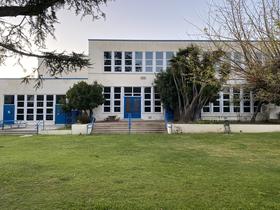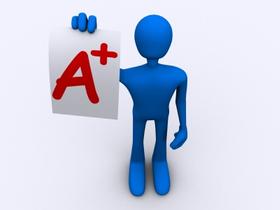What is AP?
AP or Advanced Placement Program is a three-year sequence of high school coursework offered by the College Board in over 34 subject areas. The idea behind offering AP courses is to provide college-bound high school seniors with a level of academic playing field. You see, it doesn't matter whether you are a high school student in Dubuque, Iowa, or Darien, Connecticut, AP courses and the end of course examinations are the same wherever they are offered. The course content is the same. The teaching objectives are the same. The preparation for the final examinations is the same. Because the standard is the same everywhere and the final examinations are proctored and graded by the College Board, college admissions professionals can compare student academic achievements with confidence. They know exactly what AP means when they see it on your transcript. They know exactly what your AP scores represent.
This brief video explains the impact of AP credit and placement.
That is the intrinsic value of AP Courses and their examinations from a college admissions point of view. Admissions professionals want to know that the math courses that an applicant took at a public high school in Kansas are the same as those an applicant from a private school in Tennessee took. In other words, they want to compare apples to apples. When one applicant is offered a high school math course


































